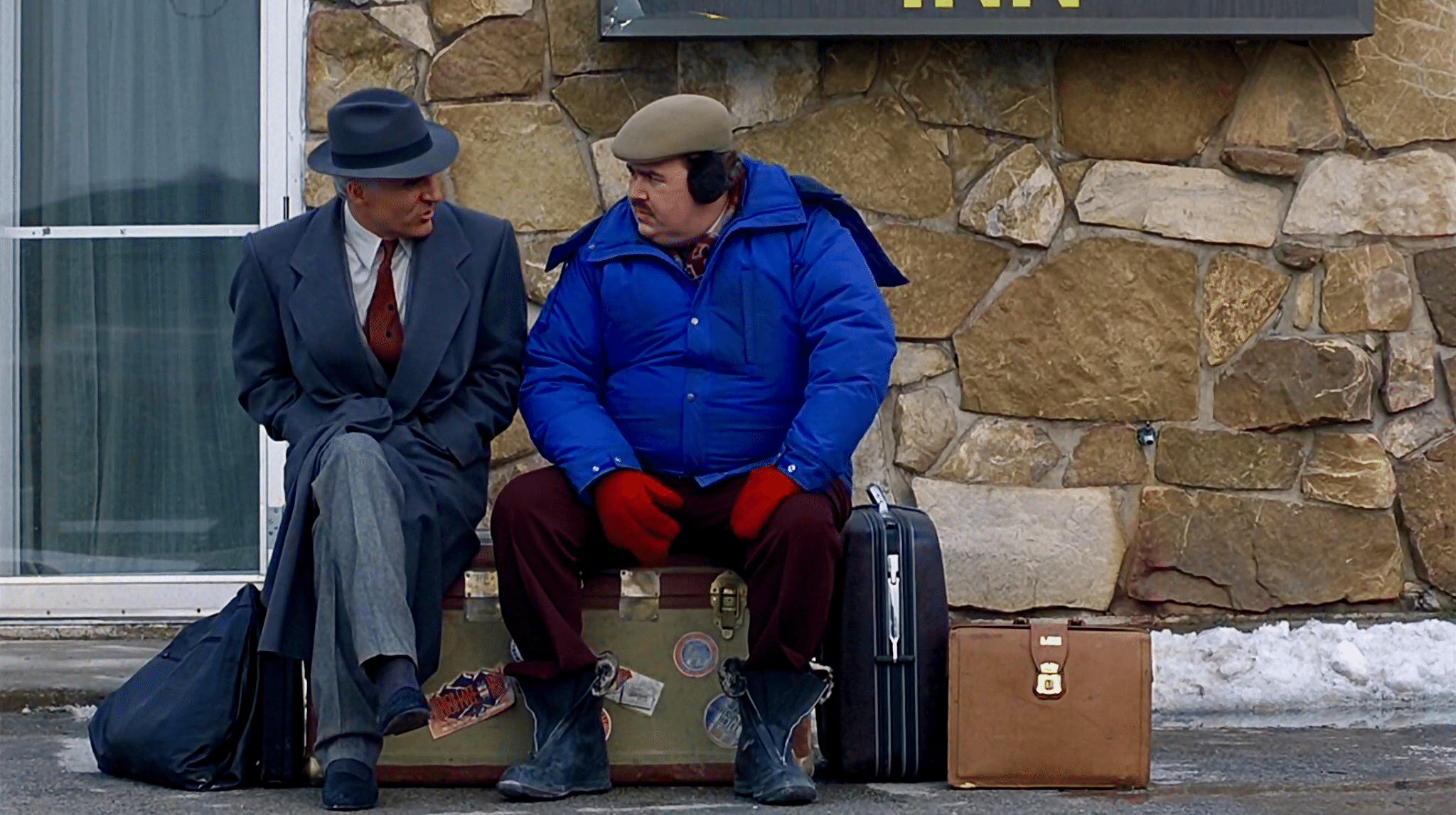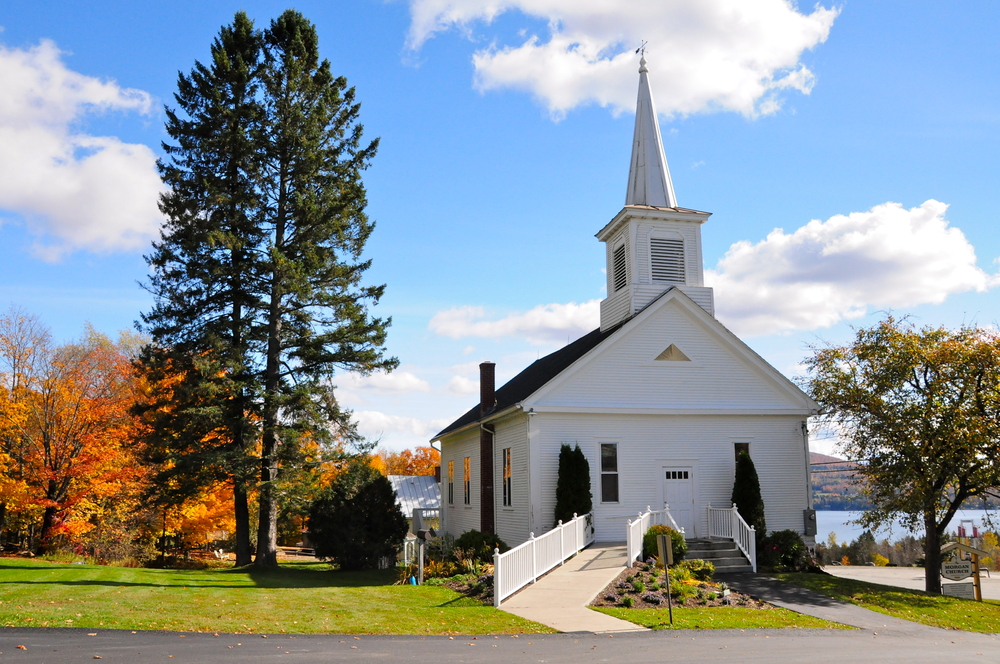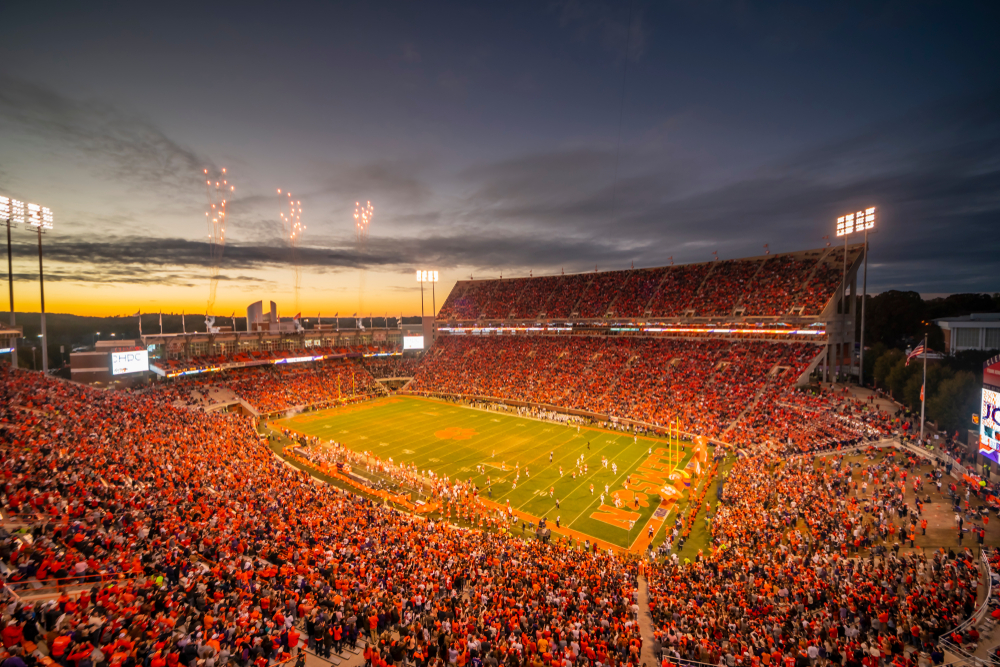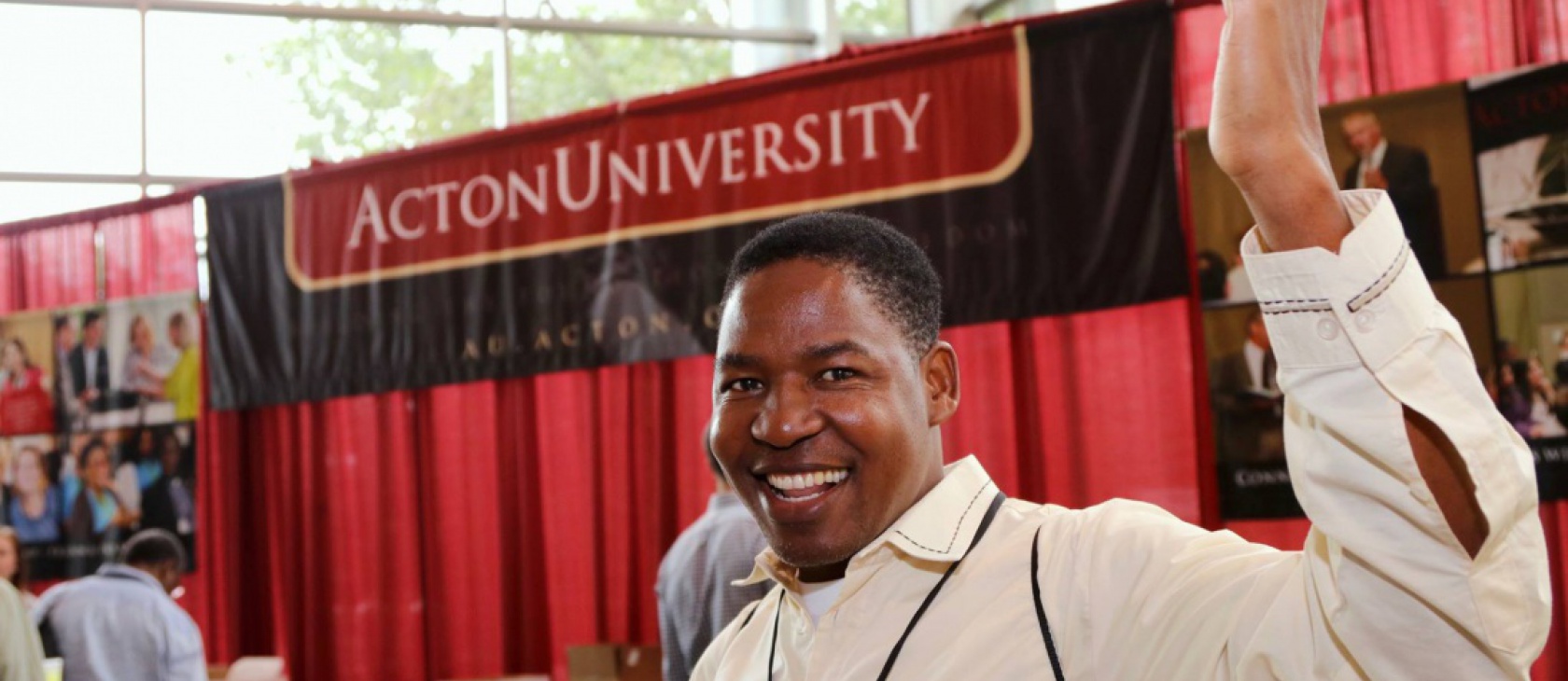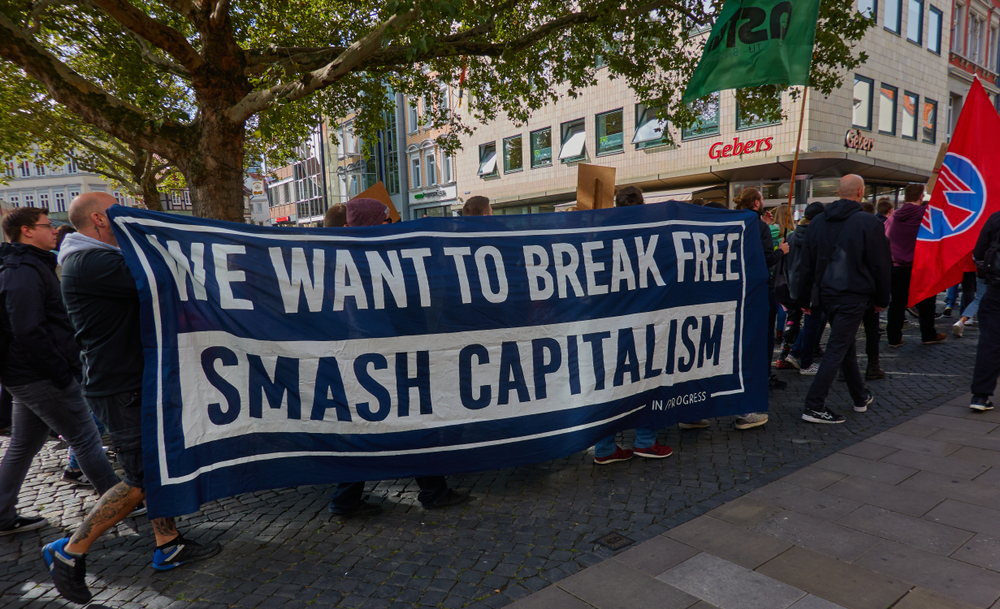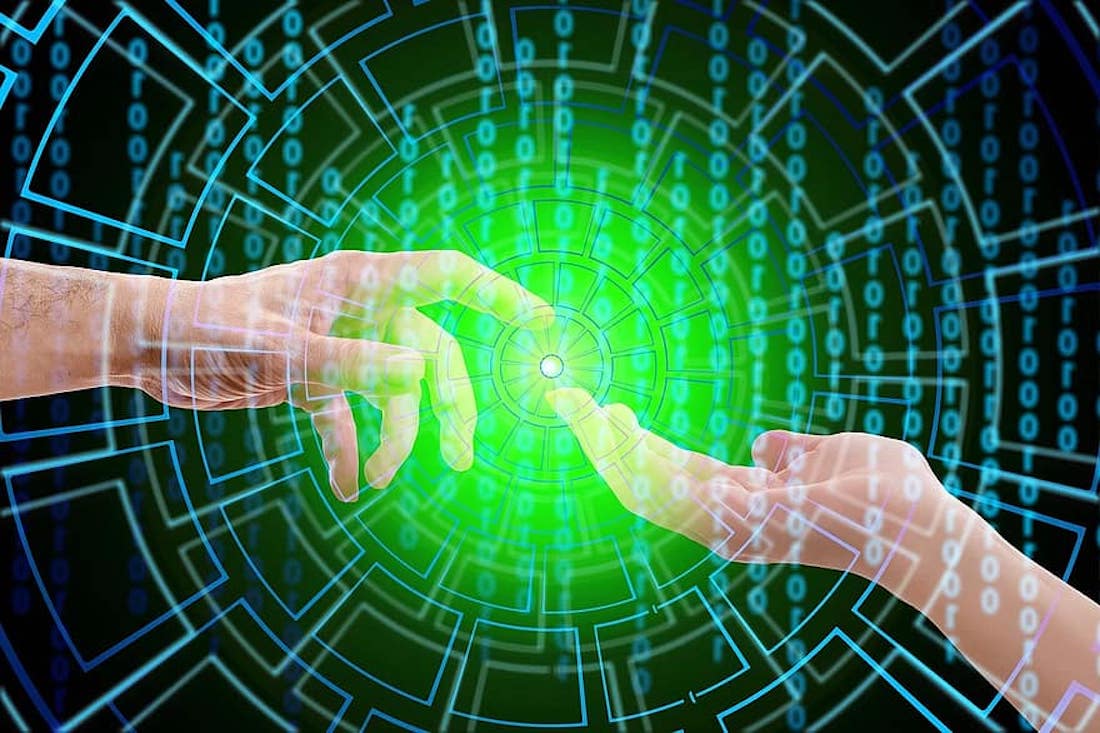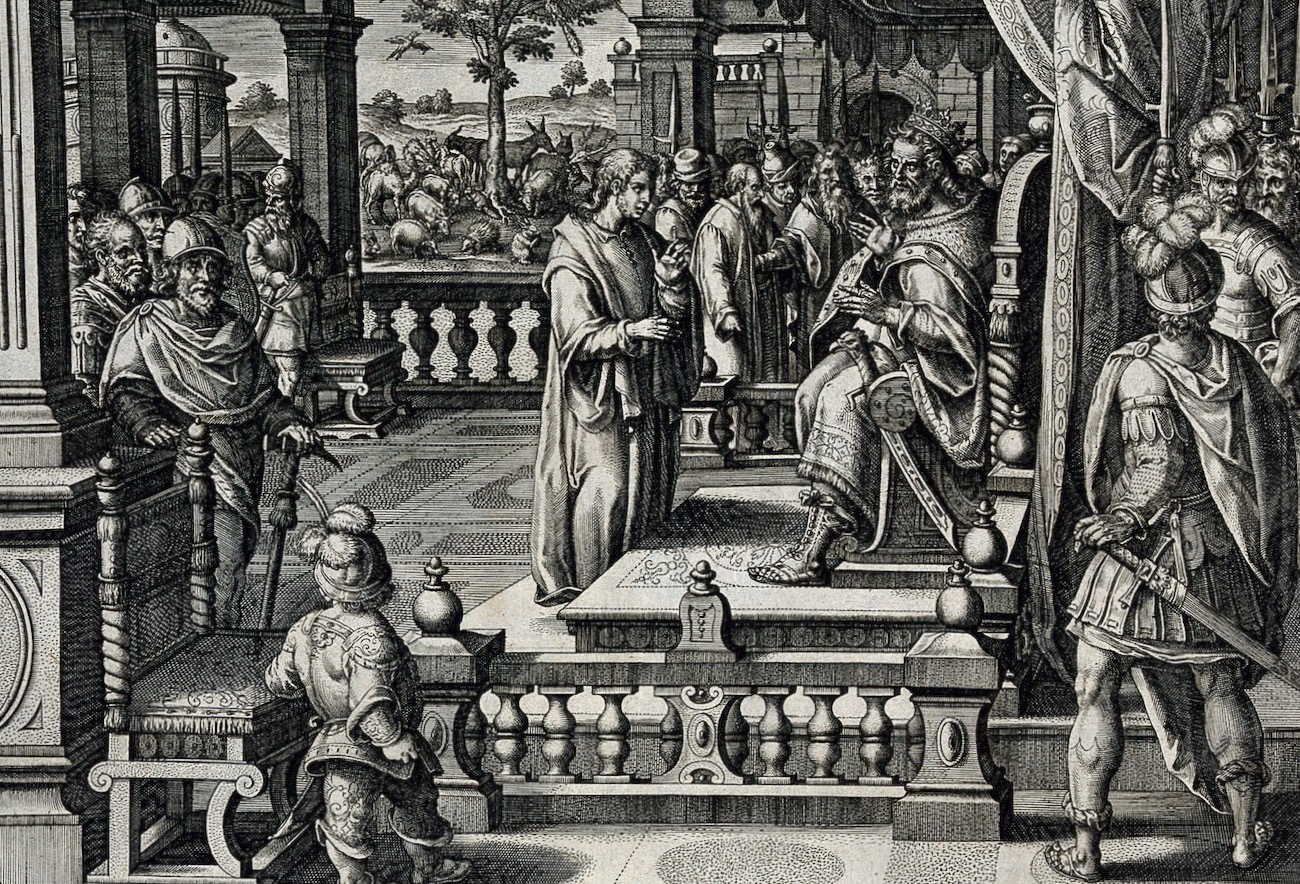November 23, 2021
Planes, Trains, and Thanksgiving
Thanksgiving is a distinctively American holiday, unlike Christmas, and yet we have very few popular movies about it. Maybe this is a good thing—it’s a family affair, not necessarily a public spectacle. Continue Reading...
